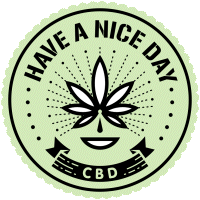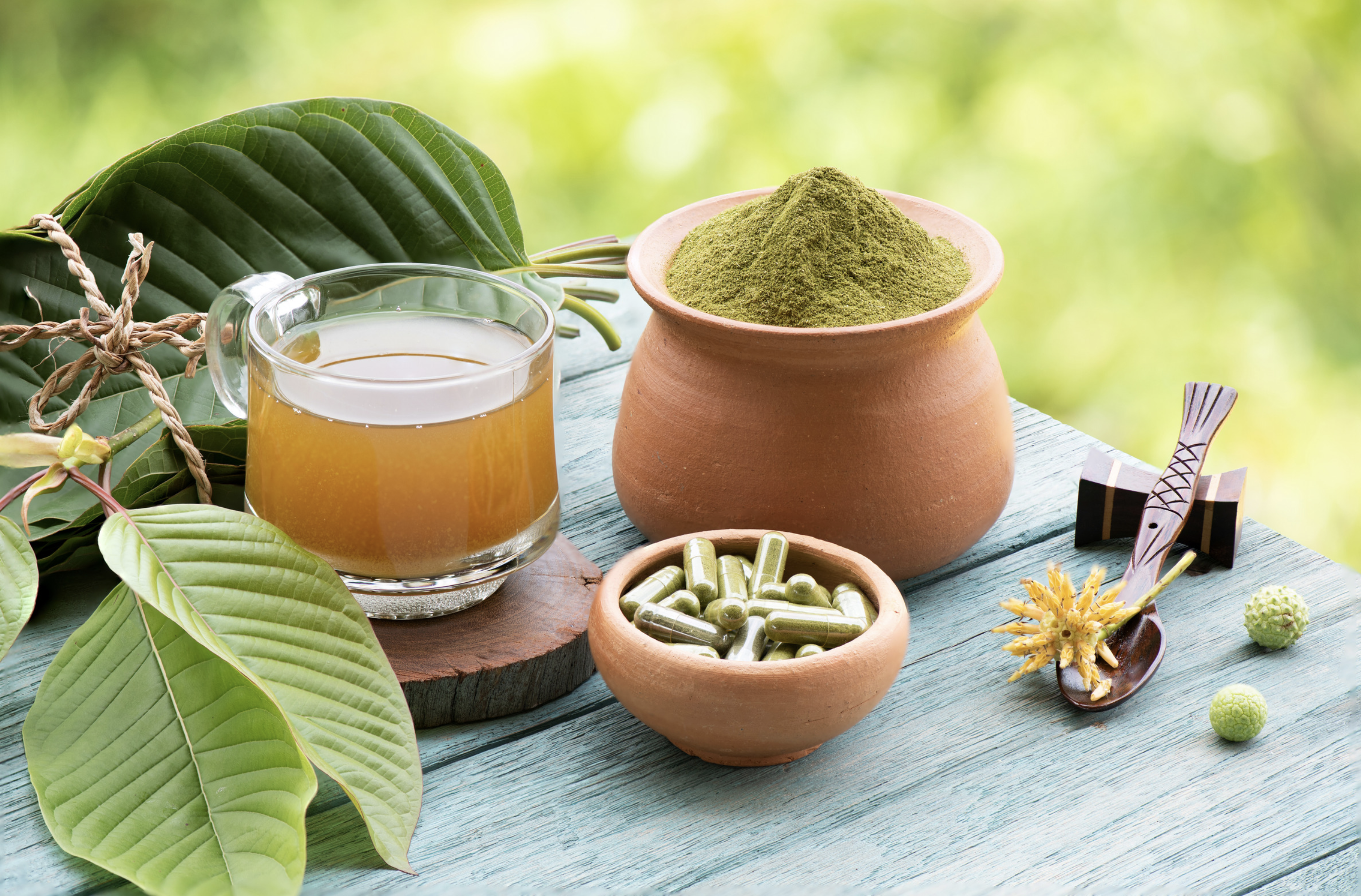The Origins of Kratom:
Kratom, also known as Mitragyna speciosa, originates from countries like Thailand, Indonesia, Malaysia, and Papua New Guinea. The leaves of the Kratom tree contain active compounds called alkaloids, with mitragynine and 7-hydroxymitragynine being the most prevalent. These alkaloids interact with the body’s opioid receptors, producing effects similar to opioids but with a distinct mechanism of action.Traditional Uses:
In its native regions, Kratom has been traditionally used for various purposes. Indigenous communities would chew Kratom leaves for their stimulating effects, similar to how coffee is consumed for a morning boost. Additionally, Kratom was employed as a natural remedy for managing pain, alleviating fatigue, and even aiding in opium withdrawal.Potential Therapeutic Applications:
-
Pain Management: One of the most common reasons people turn to Kratom is for pain relief. Its analgesic properties can help alleviate discomfort from conditions such as arthritis, fibromyalgia, and chronic pain syndromes.
-
Mood Enhancement: Kratom is often reported to have mood-enhancing effects, promoting feelings of euphoria and relaxation. Some users find it helpful for managing symptoms of anxiety, depression, and stress.
-
Energy Boost: Similar to its traditional use, Kratom can provide a natural energy boost, making it a popular choice for individuals seeking increased focus and productivity.
-
Opioid Withdrawal Support: Due to its interaction with opioid receptors, Kratom has been explored as a potential aid for individuals struggling with opioid addiction. Some users claim that Kratom can help alleviate withdrawal symptoms and cravings, although more research is needed in this area.
Safety Considerations:
While Kratom holds promise as a natural remedy, it’s essential to approach its usage with caution:
-
Potential for Addiction: Kratom does carry a risk of dependence and addiction, particularly with prolonged or heavy use. It’s important to use Kratom responsibly and avoid excessive consumption.
-
Regulatory Concerns: Kratom’s legal status varies across different countries and regions. In some places, it’s classified as a controlled substance, while in others, it’s legally available for purchase. It’s crucial to stay informed about the legal status of Kratom in your area.
-
Quality Control: Due to its growing popularity, the Kratom market has seen an influx of products of varying quality. It’s advisable to purchase Kratom from reputable sources that conduct thorough testing to ensure purity and safety.


